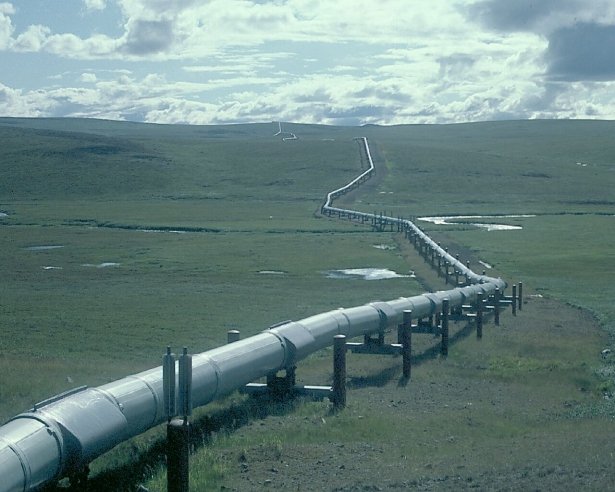On November 14, the House of Representatives passed legislation authorizing construction of the Keystone XL oil pipeline by a decisive vote of 252 to 161.
However, President Barack Obama is signaling he is increasingly skeptical of the project.
While the White House has not issued a formal veto threat, it has indicated it is prepared to reject the House bill; press secretary Josh Earnest told reporters on November 13 it has recommended vetoes against similar bills in the past. And barring an extraordinary legislative maneuver forcing his hand next Congress, according to individuals familiar with the administration’s thinking, Barack Obama is likely to reject a final permit when the matter comes before him.
Republicans have identified Keystone as one of their top legislative priorities, and it enjoys the support of several major business groups along with the oil industry.
TransCanada chief executive Russ Girling issued a statement on November 5 saying that the Keystone XL pipeline “has always enjoyed bipartisan support and is a great example of an issue where both parties can work together to create jobs and enhance energy security for the United States. After six years, it is time to break the gridlock on Keystone and move forward”.
Russ Girling said that pipelines “remain the safest and most efficient way to move large volumes of Canadian and American oil to US refineries. Keystone XL will help push oil out of US refineries from countries and parts of the world that are often openly hostile to America’s interests or values – and that benefits all of us”.
Senator Mike Johanns (R-Nebraska), one of the pipeline’s fiercest congressional backers, said he was “very, very skeptical” Barack Obama would grant a permit to the project’s sponsor TransCanada if the question was “left to a presidential decision”.
Some unions, including LIUNA and the International Union of Operating Engineers, have endorsed the project as a means of generating high-paying, short-term construction jobs.
However, environmentalists have framed the 1,700-mile pipeline, which would ship bitumen that is extracted though an energy-intensive process in Canada’s oil sands, as a referendum on the president’s commitment to addressing climate change.
In June 2013, Barack Obama said that he would reject the project if it would “significantly exacerbate the problem of carbon pollution,” a pledge he repeated again last week in a press conference he held after the midterm elections.
[youtube 0Use_2W-c1M 650]
